
A Conversation with Jordan Mechner: Creator of Prince of Persia and New Graphic Novel Replay - Article
by Evan Norris , posted on 22 October 2024 / 4,029 Views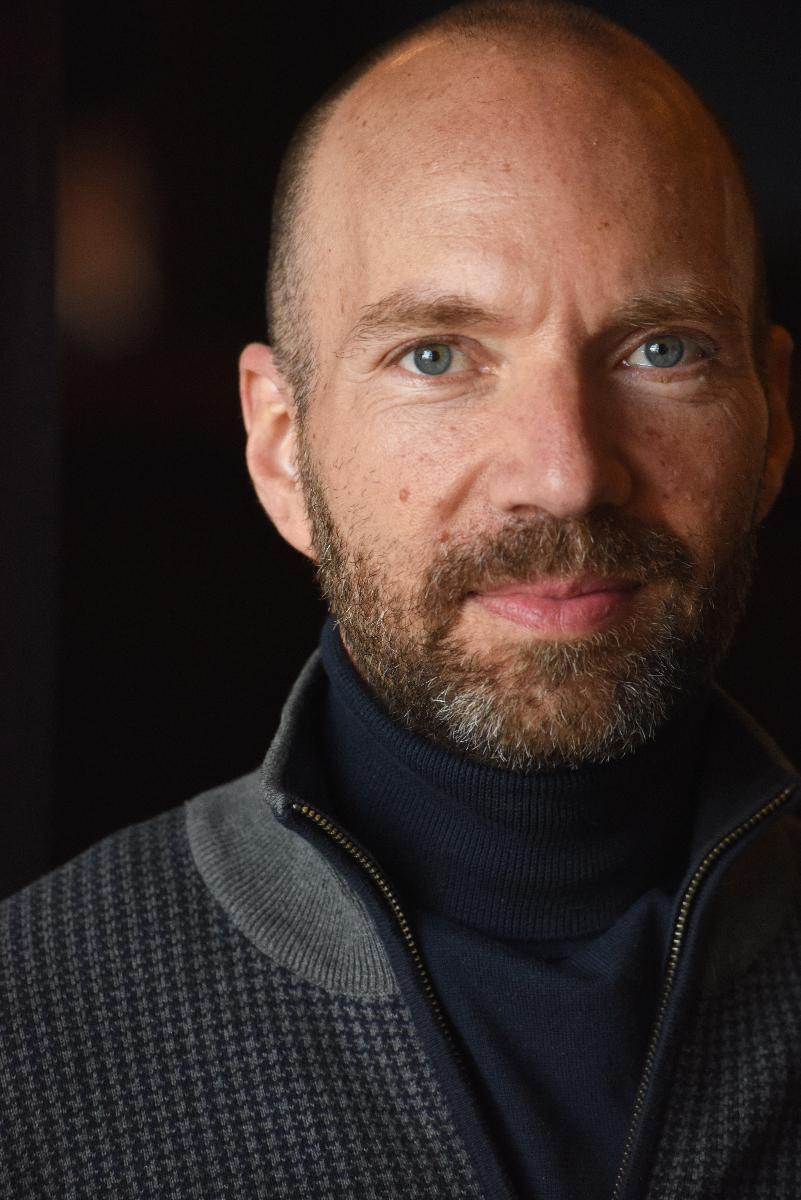
New York Comic Con was packed this year, to say the least. From October 17-20, more than 200,000 attendees made their way through the Javits Center in midtown Manhattan to partake in the annual celebration of comics, television, cosplay, and all things pop cultural.
A few blocks away, in a quieter, calmer corner of the city, I was lucky enough to sit down with legendary developer Jordan Mechner, celebrated for his pioneering work in video game animation and cinematic storytelling. Mechner, a New York native, is most famous for creating the long-running Prince of Persia franchise, which added two new installments just this year. Outside of the world of video games, he is an accomplished graphic novel author, having worked on Templar, Monte Cristo, and Liberty. His latest graphic novel, Replay: Memoir of an Uprooted Family, is his most personal yet. It weaves together multiple timelines that cover three generational stories: that of his grandfather, who fought in World War I; that of his father, who fled Nazi persecution; and his own personal and professional journey over the last four decades.
VGCHARTZ: In the past you've talked about growing up in New York City in the mid-70s. You loved comics. You loved movies. And if it wasn't for the Apple II computer, your career path might have followed a different trajectory. It might have been animation or comics. Do you think you eventually got to that path that the Apple II interrupted?
MECHNER: Yeah, especially writing and drawing Replay, which is the first graphic novel that I've drawn as well as written, really felt like coming full circle. Comics were my first childhood love. I grew up on Mad Magazine. And I think if the Apple II hadn't come along when it did, I might well have stuck with that path. But as it is, I took a 40-year break from drawing comics.
VGCHARTZ: Speaking of Replay, this is the first graphic novel you have both written and animated. How did Templar, Monte Cristo, and Liberty prepare you for a solo effort?
MECHNER: I came back to comics from video games through screenwriting. It was in 2004 when I was starting to write the first screenplay for the Prince of Persia movie and I had just done the Prince of Persia video game with Ubisoft in Montreal. Mark Siegel of First Second Books contacted me to propose a Prince of Persia graphic novel, which was something I hadn't thought about. And I was writing a movie, so I couldn't write that one. But I gave my blessing to the project, which was illustrated by LeUyen Pham and Alex Puvilland. When I saw what amazing art they were doing, that gave me the desire to write my first graphic novel, which was Templar. And that was a wonderful four-year project with LeUyen and Alex.
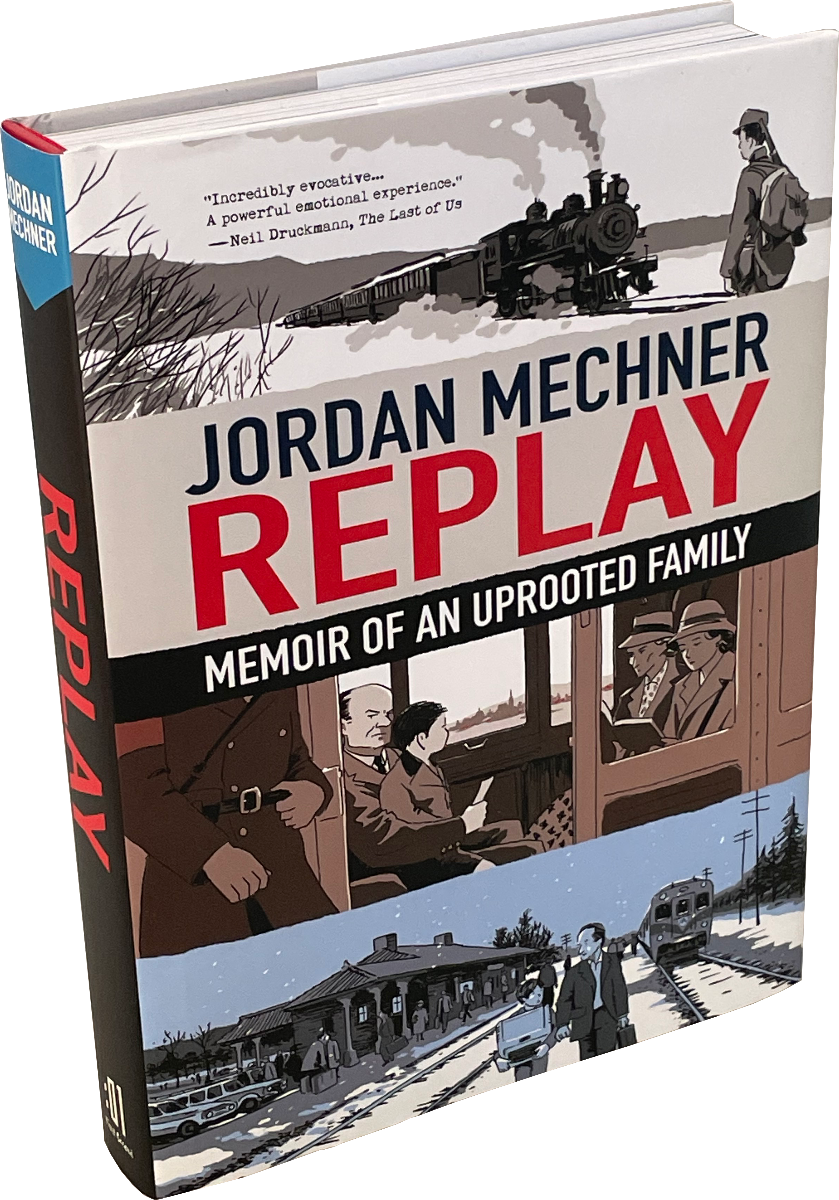
And around the same time that I started Templar, I also started sketching as a hobby, drawing from life in the subway, cafes, airports, and game development studios. So I didn't start out with the intention of one day drawing my own graphic novel. I thought, leave that to the professionals, and I'll just write. But after 15 years of doing something every day, it kind of advanced imperceptibly. And when I got to the point of really being ready to tackle Replay, which is very ambitious and of course the most intimate thing I've ever written, I decided I was ready to draw this one myself.
VGCHARTZ: Speaking of Monte Cristo, was it exciting or perhaps intimidating to adapt such a classic that people have very concrete preconceived notions of?
MECHNER: The Count of Monte Cristo by Dumas is, of course, a towering classic that everybody in France has read and loves. It's one of my favorite books. Dumas was really a formative influence for me. I think that storytelling spirit is present in Prince of Persia, in The Last Express, certainly in Templar. You know, just the way of telling a romantic, adventurous story with colorful, unforgettable fictional characters against a true historical backdrop. I tried to do that with Templar, but Monte Cristo is the first time that I've dared to adapt Dumas directly.
His story is set in the 19th century in the Napoleonic era, but rereading it recently as a New Yorker who lived through 9/11 and the aftermath — that dark period in American history — the parallels struck me with such force. And so it was just a great way to tell a story about the global, interconnected world of right now, the ways that powerful, wealthy people use the system and abuse their power to advance themselves, and the innocent victims that they step on on their way to the top. All my games have been historical, or fantasy in the case of Prince of Persia, so this was really a chance to write about today's world.
And Mario Alberti, the wonderful Italian illustrator of Monte Cristo, was really the perfect collaborator. His art is so expressive, cinematic, and dynamic. It was a wonderful and inspiring collaboration.
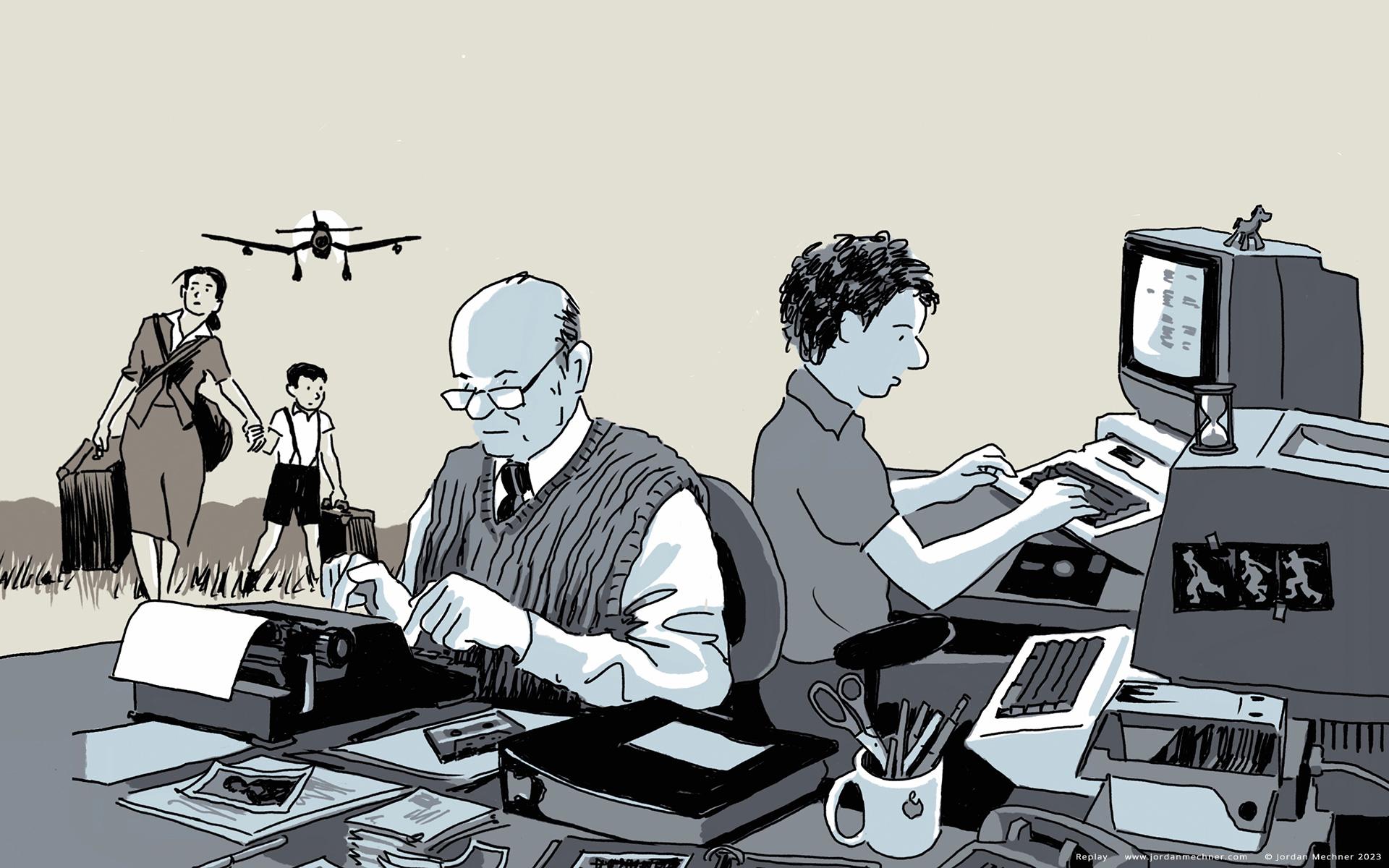
VGCHARTZ: Going back to Replay, what was challenging about juggling three points of view, each from a different generation?
MECHNER: Yeah, I really struggled with trying to crack the structure of Replay. At one point, I thought, this is going to have to be three separate books. One in which I channel my grandfather's memoir of being a young soldier on the Russian front in World War I. And the second book would be my father's story as a child refugee in World War II. He was seven years old when he had to flee from France as a Jewish refugee from the Nazi regime. And then the third book would be my story as an American kid growing up in New York, falling in love with computer games, and then my game development adventures over 30 years, making Prince of Persia and then remaking it with Ubisoft and all that. I tried to figure out how these three stories would fit together into one book, and for a long time I just couldn't figure that out.
What unlocked the structure for me was actually a remark by my French editor, Lewis Trondheim, who is also a great comics author in his own right. He pointed out that by moving to France for this video game project in 2016 with my two kids — uprooting the family from Los Angeles and becoming foreigners — I had done, in effect, the reverse of what my grandparents had done in 1938, leaving their native Vienna. Of course, in their case, it was to save the family, save their kids' lives. I was doing it for a great video game project, so the similarity ends there. But that effect of mirroring and repeating, you know, this echo of a previous generation's experience but in the opposite direction, that clicked; everything clicked into place for me.
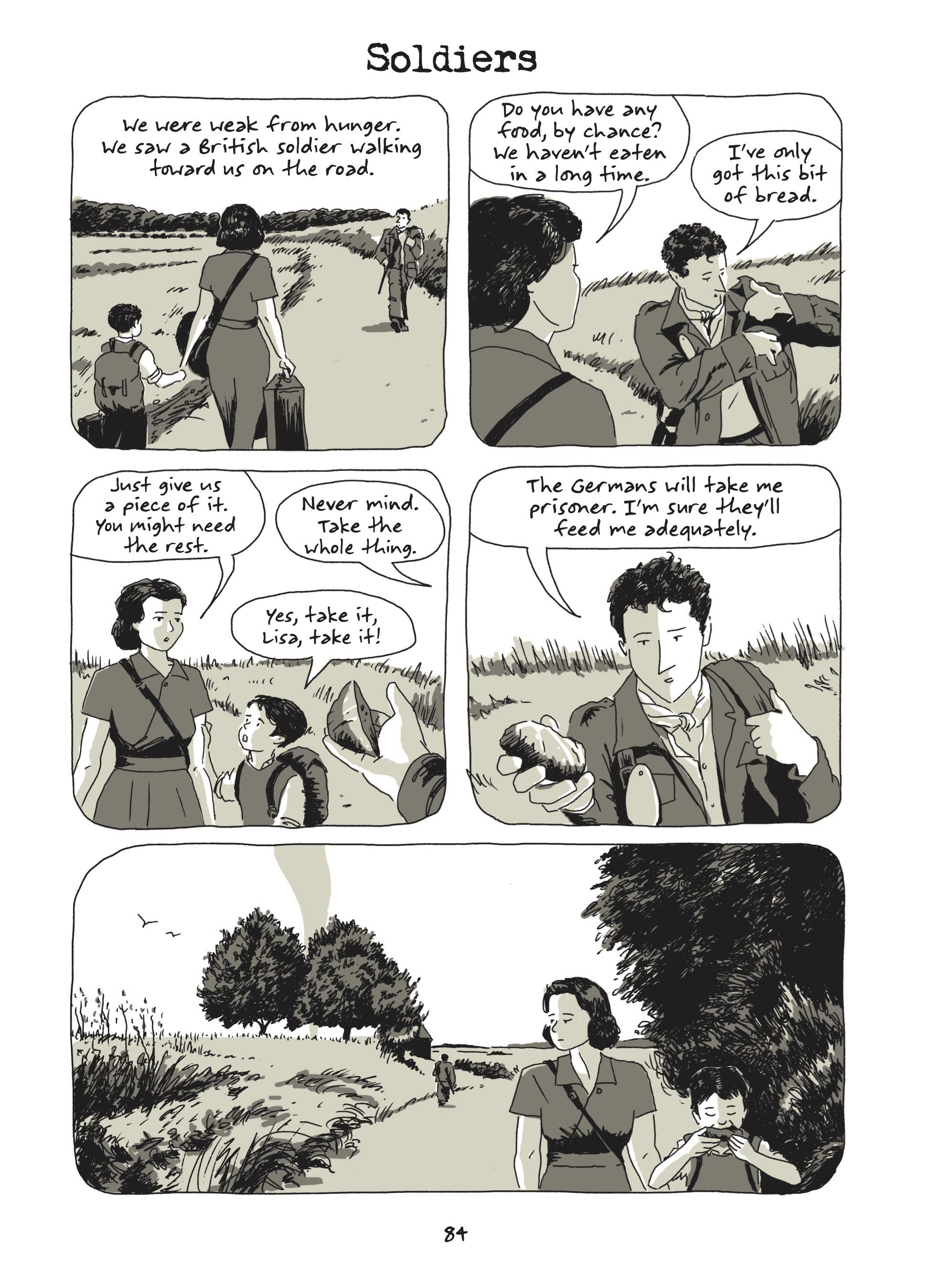 VGCHARTZ: That inter-generational connectedness is at the heart of the novel, wouldn't you say? It's about fathers and sons, children and families, learning from the past, colliding with the past, etc. In that way, is Replay a gift to your two children?
VGCHARTZ: That inter-generational connectedness is at the heart of the novel, wouldn't you say? It's about fathers and sons, children and families, learning from the past, colliding with the past, etc. In that way, is Replay a gift to your two children?
MECHNER: When I was 14 years old, as I mentioned in the opening pages of Replay, my grandfather, who had retired as a doctor in Brooklyn, spent three years of his retirement writing a family memoir. This was his legacy to his kids, and he said that he hoped that his kids and grandchildren, in their turn, would add to it, to continue telling the family story. I think as a refugee, as someone who had survived two world wars, and twice had lost everything, this idea of preserving history and transmitting it was important to him. So, I think I inherited it. That's probably, unconsciously, part of the reason that I kept a journal when I was making my computer games on the Apple II, back in college, in the 80s, and I'm sure that was part of the reason that I really wanted to do Replay at this point. And yeah, it is a way of passing on to the next generation what we know. I think my grandchildren and my siblings' grandchildren, who didn't have the chance to meet their great-grandfather or great-great-grandfather, can read this and know where their family came from.
VGCHARTZ: In order to tell those stories, you had to get very personal, right? In Replay, you talk about yourself, your career trials, your personal trials. Was it difficult to be so open and honest with your audience about your own life?
MECHNER: That was probably the hardest thing about doing Replay for me, the part that was about me, because I'm more comfortable receding to the background. And in a way, I felt like my own problems are unworthy, because I've had such a privileged life, and I never experienced the kind of upheaval or loss that they did in that previous generation that lived through the war.
And my problem is, is my video game project going to get green-lit? Is it going to be successful? Really, who is going to care? And then also, especially the recent part of my story, which involves the end of my second marriage, and the impact on my kids of moving for work, I think it's not dramatic enough to stand against these other incredibly dramatic events I'm relating to the previous generation. But, because my father and grandfather had been so honest and matter-of-fact about sharing what they had been through — some things that were incredibly traumatic and painful — I couldn't be less candid than they were. Whatever my experience is, however other people are going to feel about it, I just need to share it as honestly as I can, and just trust that in some way that gives me permission to tell their stories. If I can't share mine, I don't have the right to share theirs.
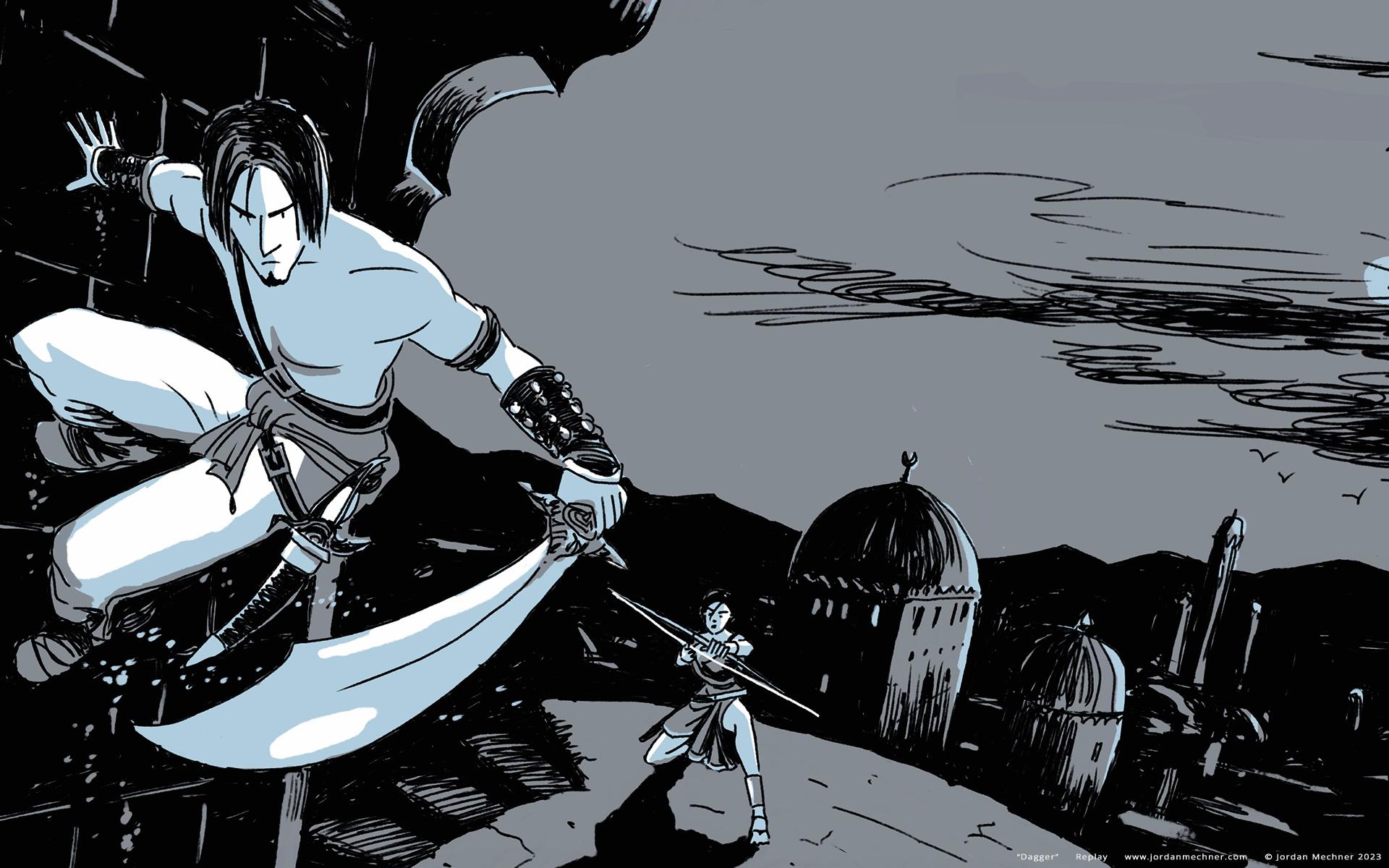
VCGHARTZ: I want to shift gears a little bit. 2024 marks the 35th anniversary of Prince of Persia. It's still going strong; indeed, there were two games released earlier this year: Prince of Persia: The Lost Crown and The Rogue Prince of Persia. What's your perspective on the state of the franchise?
MECHNER: Well, 2024 has been a wonderful year for Prince of Persia. After a long quiet spell following the Prince of Persia movie in 2010, it's really come roaring back this year. And I think The Lost Crown is in many ways the successor not just of the cancelled Prince of Persia project that I came to Montpellier for, which I tell the behind-the-scenes of in Replay, but also of the previous games. Because the franchise has been going for so long now, and it's been reinvented so many times, I think depending on what age you are, and which is your Prince of Persia, it means different things to different people.
VGCHARTZ: Mine is The Sands of Time.
MECHNER: You're the Sands of Time generation, for some it's the 2D Prince of Persia of the early 90s, for some it's the 2008 cel-shaded Prince of Persia with Elika, and for some it's the Prince of Persia movie, because they're of the age that was in between generations. So for many people who know Prince of Persia only from the Jake Gyllenhaal movie, The Lost Crown is the first Prince of Persia game that they'll actually play. So it's great that it's coming to a new generation of gamers now. I feel very blessed to have this thing I created 35 years ago on an Apple II come this far.
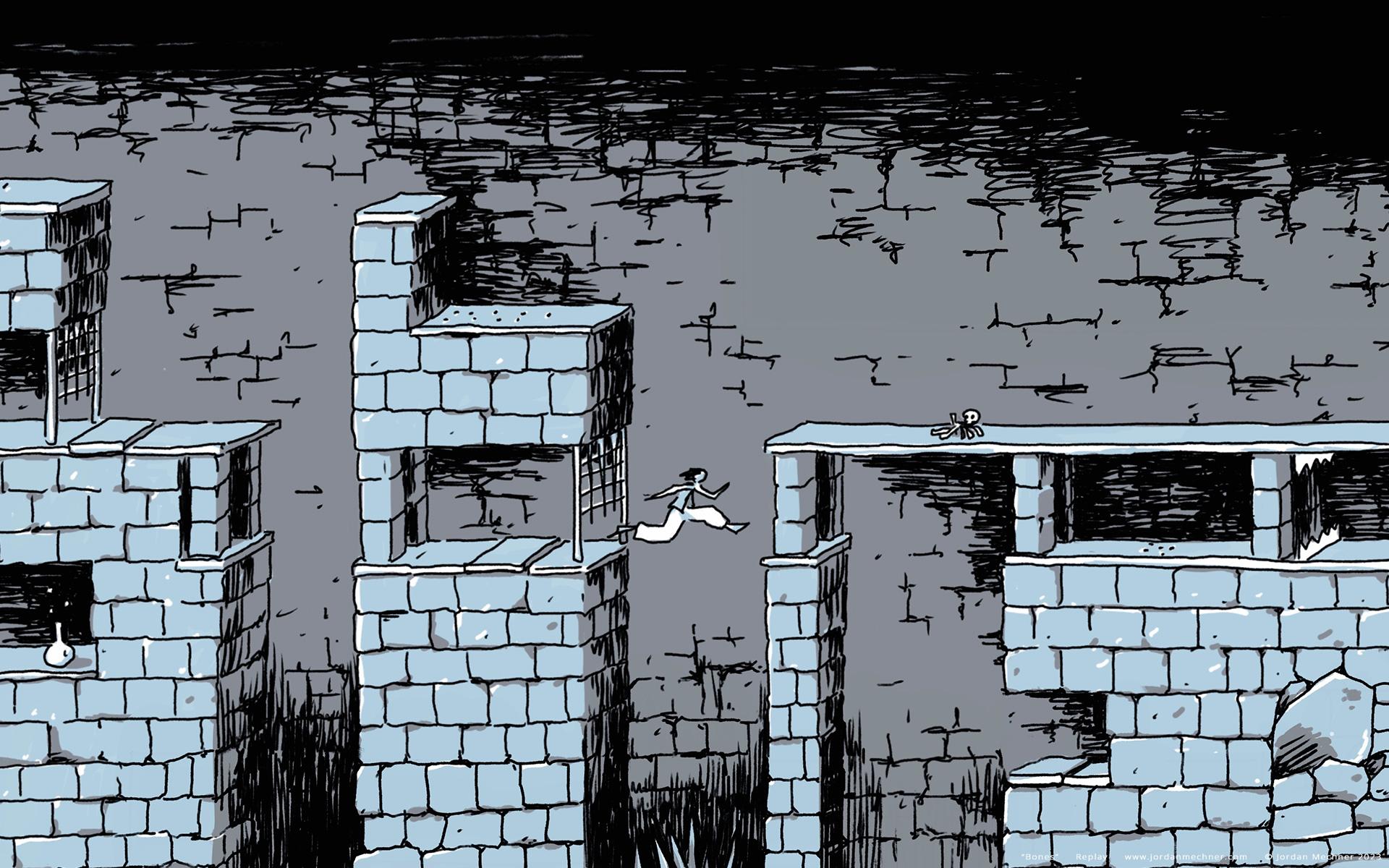
VGCHARTZ: In Replay, you reproduce a list you made during the production of the original Prince of Persia: ten tips for game developers. Number 10 is "Nobody knows what will succeed" with a footnote that reads, "this keeps me up at night". My question for you: does it still keep you awake at night?
MECHNER: I love the excitement of working on a big-budget, high-pressure project like a AAA video game or a Hollywood movie like Prince of Persia. But at that level, it needs to succeed. The pressure from the studio and from marketing is constant. The pressure of needing to deliver a hit to justify the budget is indeed something that keeps any conscientious game developer up at night. One of the great luxuries of doing graphic novels is that the budget is so much less. As an artist or writer, paper, ink, and time is all you need. You're not paying the salaries of 800 employees for several years. One of the great things about graphic novels as a form is that creatively one can experiment and take risks — do things that are meaningful and hopefully will connect to readers.
I love the excitement and the energy of collaborating with a big team, and I really cherish the satisfaction of a tight collaboration with one or two artists on a book like Monte Cristo or Templar. And I also cherish the complete creative freedom and solitude of writing and drawing a book like Replay, which in a strange way brings me back to the days of coding a game on the Apple II when one programmer also did the graphics and sound, and we felt like we had all the time in the world.
I'd like to thank Jordan Mechner for sharing his time and insightful answers, and Emily Morganti for arranging the interview. Replay is available now on Amazon and other storefronts.
More Articles
The last response reminds of what Matt Damon said about mid-budget movies no longer being worth the gamble so now studios only want to fund potential blockbusters. That, in turn, means those blockbusters have so much pressure on them that the focus goes from making good movies to simply making as much money as possible. It feels like we're missing an important part of the process.
Interesting interview and perspective.
Some good questions there Evan - can tell you did your research!
Funny he should mention the different generations having different starting points with the franchise and it having varied meanings to them as a result, not long after we'd discussed our own histories with the franchise.








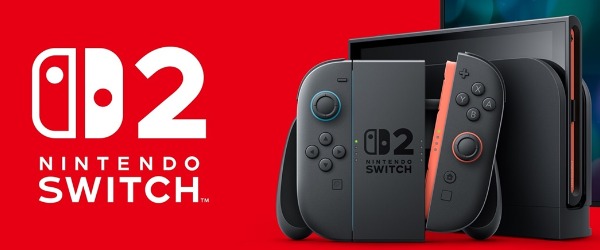
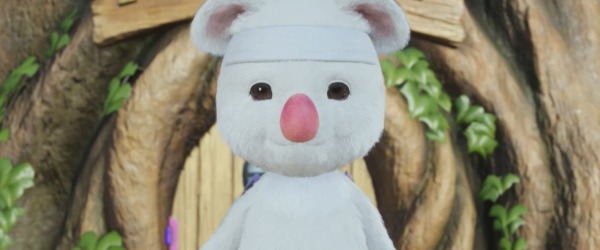
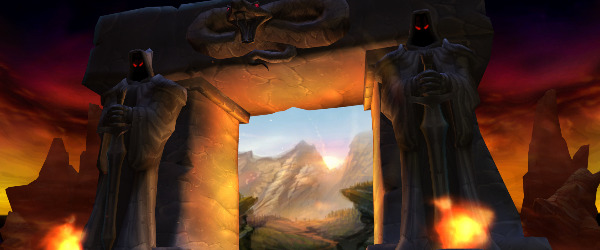
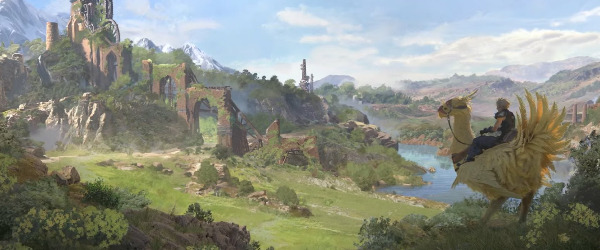












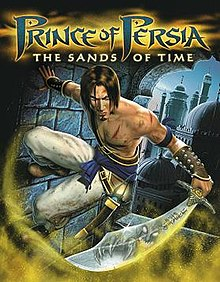

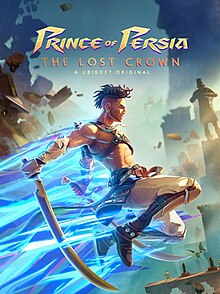

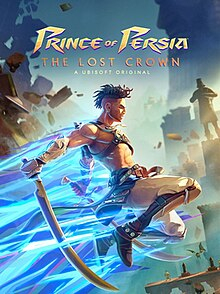

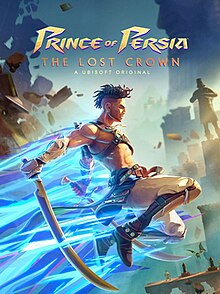

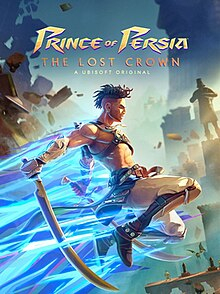

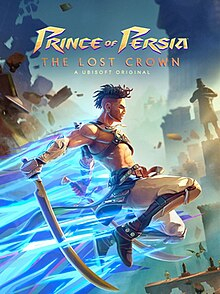

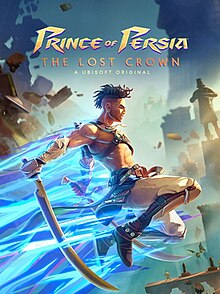

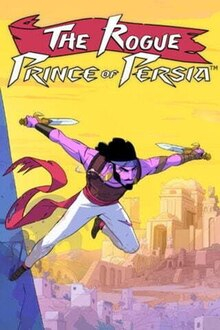
 Essay Pro
Essay Pro